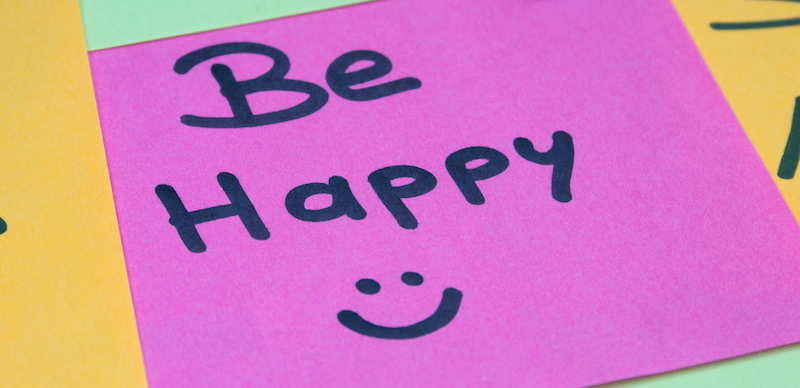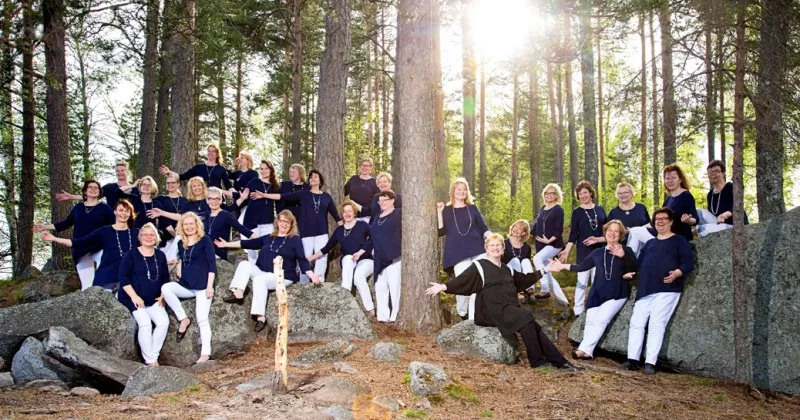What makes us happy

Flexibility and Community
Last week, I was able to participate in a discussion on "flexibility" of the think tank of EAEA's Swiss colleagues of SVEB in Zurich. They have done considerable work on the topic of flexibility and its impact on adult learning and education.
A background paper identifies individualisation, complexity and diversity as key developments which are closely linked to flexibility. So please have a look at the website of the think tank! I can highly recommend it as a source for reflection on the future of adult learning.
At the meeting, we discussed the challenges and chances of flexibility and how we can accommodate complexity in our work. One of the key questions was how to combine individualisation with social justice, and how to avoid people being disadvantaged because of it.
At EAEA, we strongly support individual approaches from a learner-centred point of view. We have done considerable work on the methodology for life skills, which can be summarised as: let’s not put the learner into a curriculum, but let’s build a curriculum around the individual. This means that people can learn what they need on one hand and do not go back to issues that they have acquired before.
In all these discussions and concepts, the question remains: what is it that makes us happy in a world that is more flexible, more diverse, and more complex?
The American constitution sees the "pursuit of happiness" as one of the principles of the US. Bhutan is another country that takes happiness quite seriously. They have a Gross National Happiness Index that informs their policymaking, which is a glorious basis for politics. But let’s move back to Europe, where happiness seems to be in short(er) supply and definitely not a basis for policymaking.
Let’s consider some points that do make us happy
1. Having an impact and purpose
The OECD uses the term "self-efficacy" in its PIAAC analysis. Do people think they can have an impact on their surroundings? This can be in their families, their work, or their neighbourhood. PIAAC finds that the higher your skills level is, the more you think that you have an impact. People with lower results in basic skills indicate a much lower rate of self-efficacy, so have a feeling that their lives are very much determined.
Trying to change your environment according to your ideas can be enormous, yes, empowering. Anyone who has been active in a movement or cause will probably agree. Empowerment and activism are huge sources of personal satisfaction. I remember an interview with a civil rights activist of the sixties in the US, and he said that the protests that had led to a change in law were the happiest moment in his life, and this included the birth of his children. (Yes, it was a male activist).
2. Small stuff
There are a number of other "big" topics such as health that define our happiness, but let me now move to the small things that make us happy, and I hope I won’t be too kitsch about this. So what are the small things that make us happy:
-
Pets
-
A hobby or interest, preferably shared with other people
-
Singing (especially in a choir, see above) and dancing
-
Nature
3. Other people
This is an important point when it comes to feeling happy, and I’m not necessarily talking about partners and family, but (also) about people’s social networks, human contacts, and friends. People are not lonely hunters, but more pack animals. We need each other, and good contacts keep us happy and healthy. This is also a factor for longer life. Sartre might speak about hell being other people (and probably everyone knows a few), but in general, human contact makes us happy.

Adult education: learner and community at the centre
Many of the happiness issues mentioned above form a crucial part of the work of non-formal adult education. Choir, hobbies, civic competences and discussion groups for impact – it’s all there. And maybe, above all, meeting other people, and extending our networks. If you move to another country, the first people you’ll probably meet are those that you meet in the relevant language course. The people you sing and dance with, the ones you share your interest and hobby with – all this will contribute to your well-being, mental health and, yes, happiness.
Are there any contradictions between flexibility and community? There can be if the learning is approached from a purely technical point of view. More generally, I believe that it is our task as adult educators to develop (and maintain) the necessary balance between individual approaches and social exchanges and community – putting the learner and community at the centre. In order to do so, we have to strengthen non-formal adult education and communities.
Kommentti
I completely agree! The…
I completely agree! The social aspect of learning should not be neglected. There are many examples how people have found or extended their friends circles through courses. It can help integration, mental health etc.
- Kirjaudu tai rekisteröidy kirjoittaaksesi kommentteja
Lo que nos gace felices
Excelente blog de Regina EBNER y de la EAEA. Interesante de ir mas alla de las evidencias. Flexibilidad y individualizacion. Las cosas son mas complejas. Como educadores, tenemos que aceptar la complejudad.
- Kirjaudu tai rekisteröidy kirjoittaaksesi kommentteja






Social Aspect
One needs to consider the social aspect of learning as well. I delivered many courses to elderly people for example. Whilst they did come to learn the subject, for many it was an opportunity to socialise. This is also evident in the community college for the third age programme run by the Centre that I manage at the Malta College of Arts, Science and Technology. They are happy to learn but also to meet new people.
I particularly like the last sentence "....putting the learner and community at the centre". This should be the norm for any learning programme.